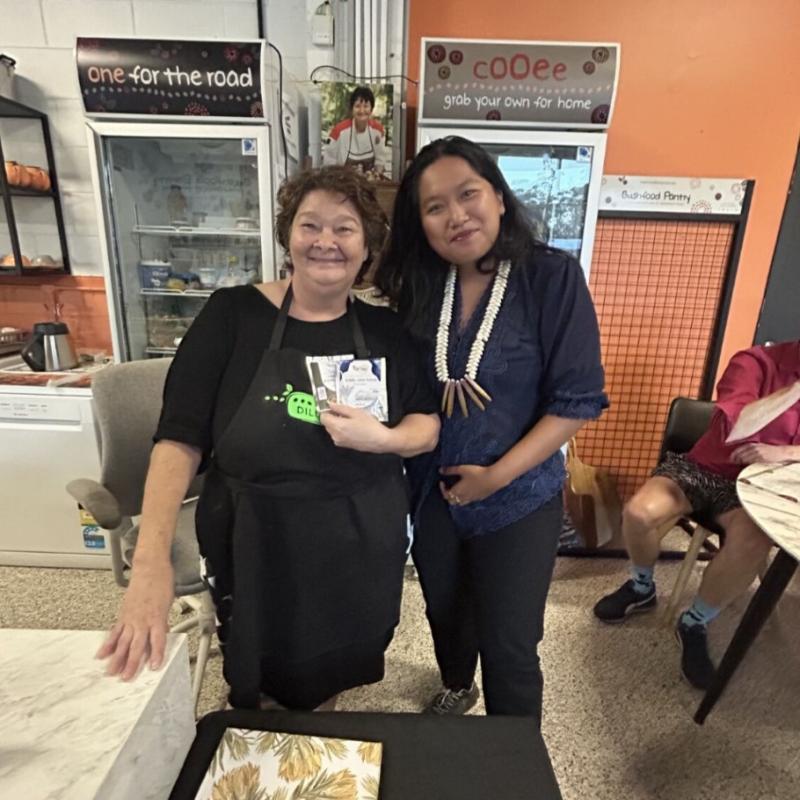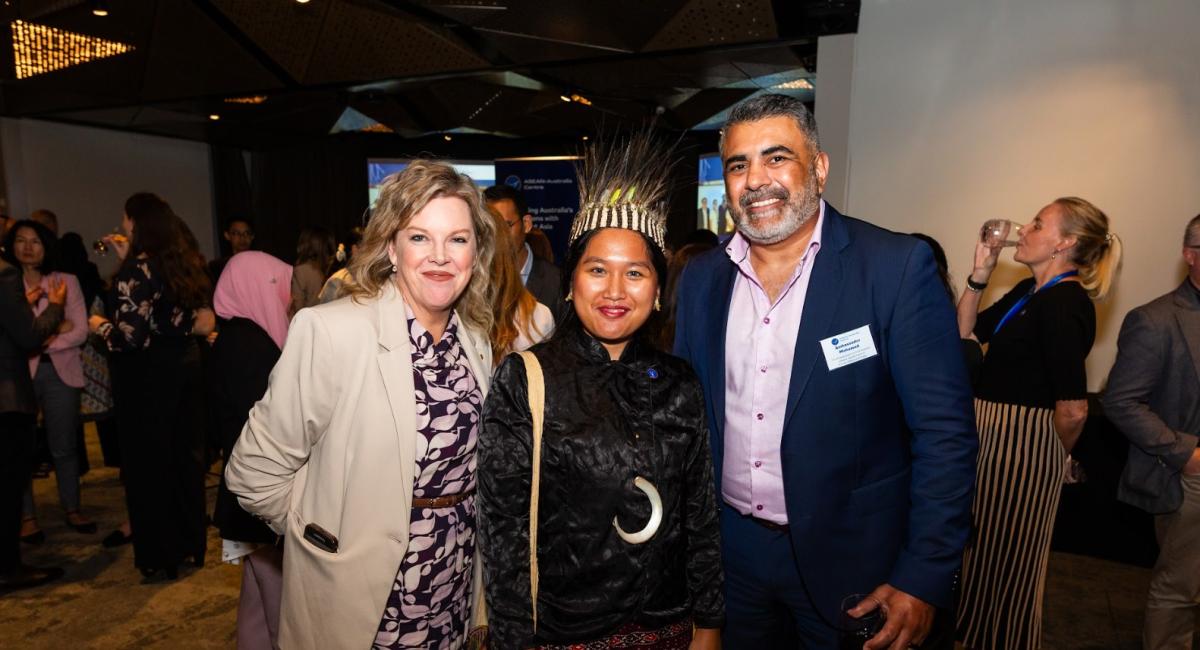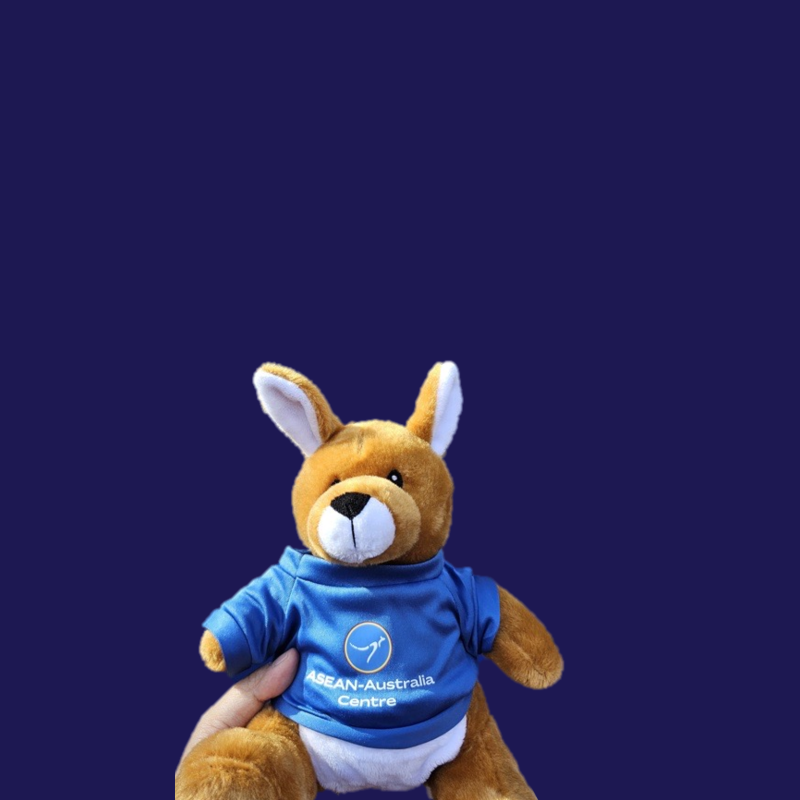Why did you apply to the program?
I joined the ASEAN-Australia Emerging Leaders Program to connect with peers across ASEAN and Australia who are passionate about food and agriculture. We’re all facing similar challenges in the Sector, and I wanted to learn from others, build meaningful collaborations, and explore solutions together. I was especially excited about the in-person component in Brisbane, it was a chance to meet First Nations food and agriculture practitioners and see how Australia’s sector operates: the policies, the partnerships, and the innovations that might be adapted to Indonesia and the broader ASEAN region.
What perspective did you bring?
I’m a social entrepreneur working with Indigenous smallholder farmers and foragers in Southwest Papua, Indonesia, through my social enterprise, Sinagi Papua. We blend ancestral techniques with innovation to create value-added products, like salt from the nypa palm and herbal teas from native tree bark.
What was the experience like?
I’m deeply grateful to have represented Indonesia in this program. I learned from academics, farmers, entrepreneurs, and policy-makers. It was amazing to witness what Australia has been developing in the sector and what kind of interdisciplinary collaborations are in place to turn a vision into a reality. I was particularly inspired by the work of the Queensland Alliance for Agriculture and Food Innovation, which partners with First Nations Entrepreneurs to research native plants and develop new products. Meeting Aunty Dale from My Dilly Bag, who’s preserving the legacy of Bushfoods in Gubbi Gubbi Country, was a highlight. I walked away from the program inspired and excited to continue my journey in the food and agriculture sector.
Did the program meet your expectations?
Absolutely. It opened my eyes to possibilities I’ve never thought of before. It helped me foster connections with like-minded people, reflect on challenges I’m facing in my workplace, and inspired me to tackle those challenges creatively.
Key takeaways?
There’s real value in being a social entrepreneur focused on native foods. Sustainability in the supply chain is essential. Collaboration is key, government support, industry investment, academic research, and entrepreneurial passion must come together to build a thriving food and agriculture sector.



